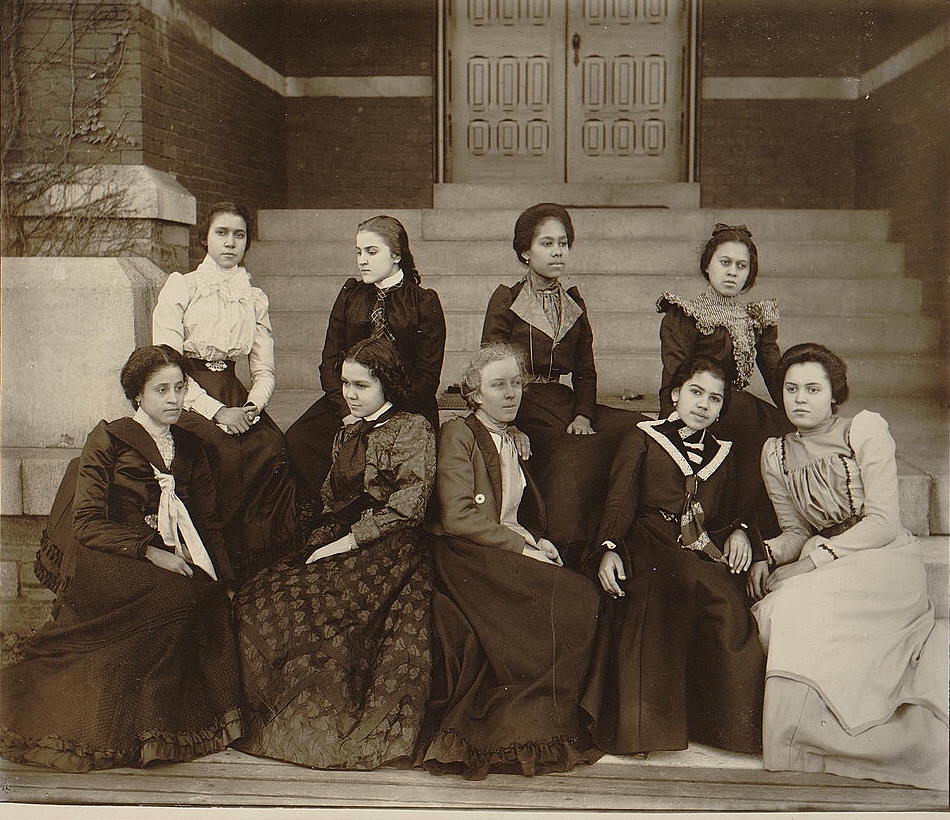
The African American Intellectual History Society (AAIHS) is now accepting submissions for the 2025 Maria Stewart Prize for the best journal article in Black intellectual history. Starting this year, the prize will be awarded to the author of the best article published in each volume of Global Black Thought.
Named after abolitionist and women’s rights activist-intellectual Maria Stewart, the prize will recognize the best journal article concerning Black intellectual history (broadly conceived) published in Global Black Thought in 2025. All articles accepted by the journal will automatically be considered for the prize. Membership in AAIHS is not required.
The winner will receive $500, an award certificate, and a featured interview on Black Perspectives. The prize is open to scholars at all stages of their academic careers. The award winner will be announced formally at the 2025 Conference in March.
To guarantee consideration for 2025 (and thereafter), all articles must be submitted to the journal by December 1, 2024. Please ensure that the article carefully adheres to the journal submission guidelines. If you have any questions about the prize, please contact the journal at gbtjournal@aaihs.org.
About Global Black Thought
Global Black Thought, the official journal of the African American Intellectual History Society (AAIHS), is devoted to the study of the Black intellectual tradition. The journal, published by the University of Pennsylvania Press, features original, innovative, and thoroughly researched essays on Black ideas, theories, and intellectuals in the United States and throughout the African diaspora. Global Black Thought publishes historically based contributions by authors in diverse fields of study throughout the humanities and social sciences.
While steeped in historical methodologies, Global Black Thought is an interdisciplinary journal informed by scholarship in Africana studies, feminist theory, and critical race theory. The journal welcomes submissions that feature original research and innovative methods. We also extend an invitation to scholars working outside the United States.
Global Black Thought opens new directions for writers interested in understanding the ideas, theories, and ideologies that undergird Black social and political life. The journal encapsulates the best of scholarly research and innovative methods. Essays highlight the wide range of methods and methodologies, including new approaches and diverse and underutilized primary sources–both traditional and unconventional ones. In addition to well-researched, cutting-edge, and deftly argued essays, each issue of the journal features book reviews as well as interviews with influential Black intellectuals whose research is shaping the field.
Previous Recipients
- Sharron Wilkins Conrad, “More Upset Than Most: Measuring and Understanding African American Responses to the Kennedy Assassination,” American Quarterly 75, no. 2 (June 2023): 279-307.
- Brandon R. Byrd, “Ebenezer Bassett and Frederick Douglass: An Intellectual History of Black U. S. Diplomacy,” Diplomatic History 46, no. 1 (January 2022): 35-69.
- Crystal Webster, “Transfiguring the Soul of Childhood”: Du Bois’s Private Vision and Public Activism for Black Children,” The Journal of the History of Childhood and Youth 14, no. 3 (Fall 2021): 347-366.
- Isadora Moura Mota, “Other Geographies of Struggle: Afro-Brazilians and the American Civil War,” Hispanic American Historical Review 100: 1 (2020): 35-62.
- Laura Helton, “On Decimals, Catalogs, and Racial Imaginaries of Reading,” PMLA 134.1 (2019): 99-120.
- Daniel Fleming, “‘I Have a Copyright’: The Privatization of Martin Luther King’s Dream,” Journal of African American History, 103, no. 3 (Summer 2018): 369-401.
- Sasha Turner, “The Nameless and the Forgotten: Maternal Grief, Sacred Protection, and the Archive of Slavery,” Slavery and Abolition, 38: 1 (2017): 232-250.
- David P. Stein, “‘This Nation Has Never Honestly Dealt with the Question of a Peacetime Economy’: Coretta Scott King and the Struggle for a Nonviolent Economy in the 1970s,” Souls 18, no. 1 (March 2016): 80–105.
